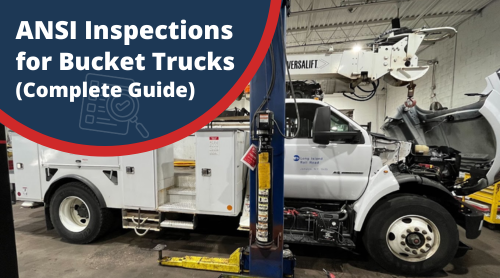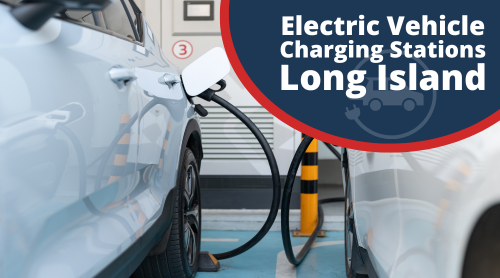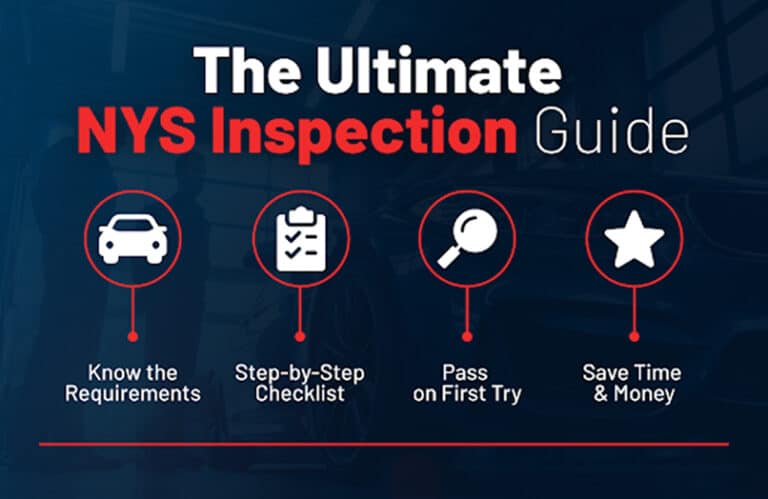A car is supposed to provide a smooth comfortable ride for the driver. Sometimes, external forces such as bad roads might prevent that.
Surely, you can manage that for the little time it takes to get off such roads. However, constant shaking or abnormal vibrations of the vehicle (even on smooth roads) are valid causes for alarm.
Keep reading for more information on why cars shake when performing certain functions including Driving, Braking, Idling, Accelerating, and Starting.
WHAT CAN CAUSE A CAR TO VIBRATE WHEN DRIVING

This is a more general issue as driving in itself is more than simply moving your vehicle forward. You could regard it as the totality of actions you take behind the wheel to move your vehicle.
As a driver, once you get behind the wheel, you become an extension of your vehicle. Thus, you’re likely to feel a connection to it. So, what comes to your mind when this connection suddenly feels shaky with every turn of the tires?
Below are a few possible reasons
✔ Issues with the engine
The engine is comprised of several components, some of which could result in a shaky car if they become faulty, such as the spark plugs and the engine air filter. Start by checking the spark plugs. Anywhere over 80,000 – 100,000 miles and they begin to have issues.
Otherwise, check the air filter. If this is clogged with dirt, then the engine will fail to run efficiently due to a lack of oxygen or even fuel.
✔ Wheel and axle problems
A misaligned vehicle could devolve to wheel problems where there’s the improper spinning of the wheel and issues with the bearing and ball parts.
As for the axle, you have to inspect them, the joints, and the driveshaft to rule out axle issues as being responsible for the shaking.
Before searching for dents or damage to the axle, you can tell it’s likely causing the shaking when you accelerate and the vibration intensifies.
✔ Tires
Cars drive on tires (powered by the engine of course). It wouldn’t come as a surprise that the tires could take the blame for the shaky vehicle. There are numerous ways the tires can be responsible for this.
For starters, they could be unbalanced. Check to see if you only feel the vibration at certain speeds. If so, a simple balancing of your tires will fix it.
Uneven wear in the tire could also cause this, in which case your tires will need to be rotated. Otherwise, complete replacement of the tires might be the solution.
WHAT CAUSES A CAR TO SHAKE WHEN BRAKING
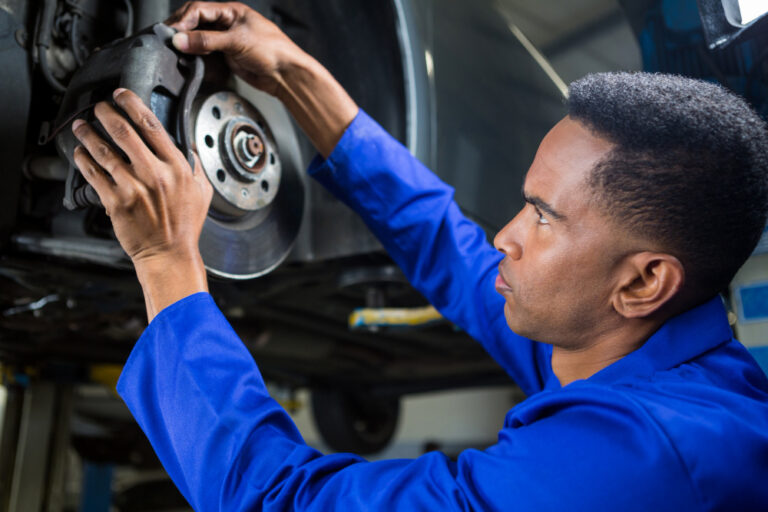
When the brakes on a vehicle need to be changed differ by vehicle type. An average of 50,000 miles is common. But even before this milestone, several issues could crop up along the way, some of which results in a vibrating ride upon braking.
Firstly, before you think to blame the brakes for your shaking car, be sure that the shaking occurs when you press the brake pedal.
If so, let’s help you figure out which of the brake components is responsible for this
✔ Brake pads
Worn brake pads or even the metal tab on them can cause your vehicle to shake when you hit the brake. Your best bet here is to replace the brake pad.
✔ The Rotors
This causes both the brake pedal and the steering wheel to shake. Most likely, it will be due to unbalanced rotors.
✔ Brake calipers
This is another part of the brakes that could cause your vehicle to shake. If you’re not familiar with brake calipers, just know they serve to press the brake pad against the rotor.
Unlike the rotors, issues with the calipers such as sticking and failure to function cause shaking in only the steering wheel.
WHY DOES A CAR SHAKE WHEN IDLING
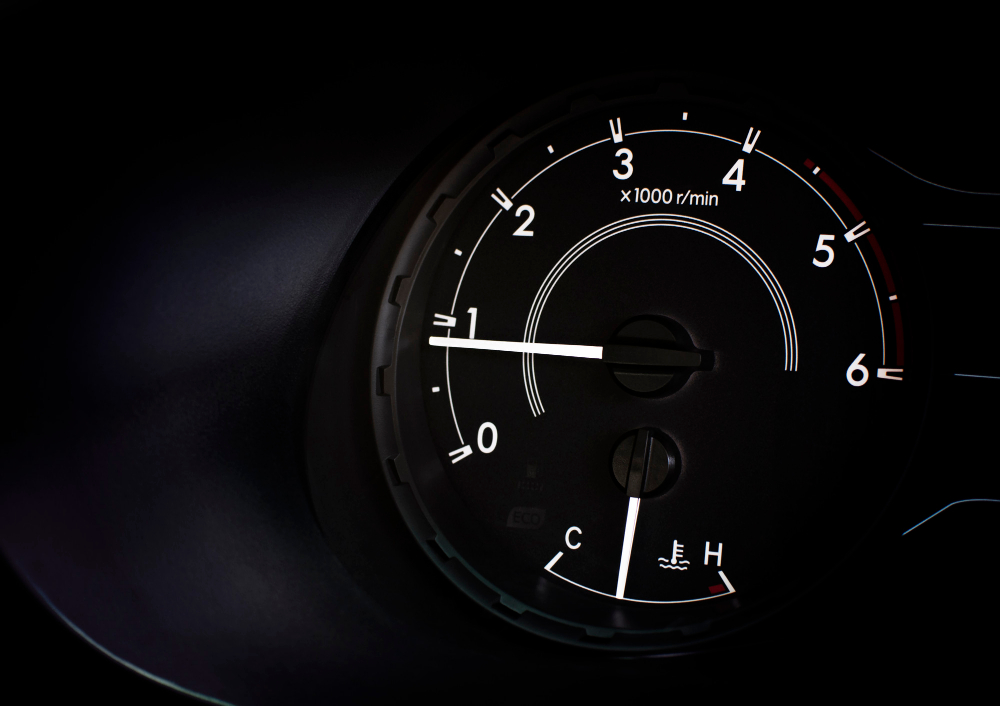
The age-old question about how long you can let your car idle or even if you should do it is one that most drivers have asked at some point. Experts recommend not doing this for more than a minute.
However, most drivers exceed this limit by far. They often sit in an idling car, enjoying the cool air while waiting for something or someone.
Imagine doing that only to be assaulted by a shaking vehicle. This is known as rough idling.
Once you feel unusual vibrations or some sluggishness from your car when idling, know that generally fuel and air aren’t being mixed optimally in the engine.
A few things could be responsible for this including
✔ Dirty fuel injectors
✔ Clogged air filters
✔ A leak from the vacuum
✔ Oxygen sensor failure
✔ Damaged motor mounts
✔ Worn out spark plugs, spark plug wiring, and ignition coil.
The issues listed above either restrict adequate airflow or dispersion of fuel. At the end of the day, combustion is ineffective and rough idling occurs.
WHY A CAR MIGHT SHAKE WHEN ACCELERATING

Hardly would you be able to drive a car without accelerating. It’s one of the key features of a vehicle. Accelerating smoothly translates to an overall smooth ride.
Unfortunately, this is not always so. Sometimes, a car will begin to shake when accelerating. Another unfortunate issue here is that with acceleration, there’s hardly ever one component or unit responsible for this. It’s often a warning of more serious issues to come.
The following can cause a car to shake when accelerating
✔ Damaged inner CV joint
✔ Broken motor mount
✔ Unbalanced tires
✔ Bent driveshaft or axle
✔ Loose lug nuts
✔ Damaged vacuum hose
✔ Damaged u-joint (universal joint)
✔ Cracked radiator fan
As we said, these are warning signs. They usually start as mild cases where the vibrations aren’t as bad. However, over time they get worse – both the damage and the vibrations.
Without a solution, these components would become damaged beyond repair. Get a handle on this before that happens.
HERE’S WHY A CAR MIGHT SHAKE WHEN STARTING
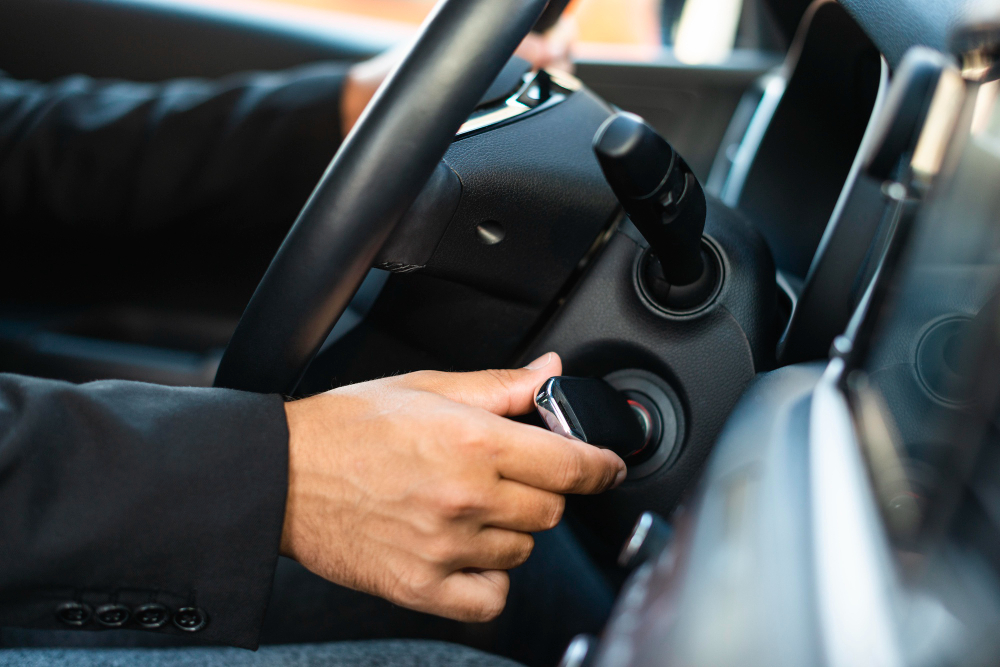
Your car might have been parked in the garage all night without making a sound. Of course, you’d expect to feel or hear some type of vibration or sound when you start it. That’s pretty normal.
The engine kicks in and several components come to life for the vehicle to start. What is abnormal is when this vibration becomes full-on shakes. Also, it might get unusually loud.
You might even turn the engine off and try again to be sure. But that shaking is still there. Just like every other situation on this list, several components could be responsible. It’s in your best interest to know which they are.
That said, the following might be the cause
✔ Faulty plugs
✔ Improper timing bell
✔ Disconnected hoses
✔ Improper fuel intake adjustment
✔ Faulty motor mounts
✔ Engine and brake issues
✔ Unbalanced wheels
How to Deal with a Shaky Car
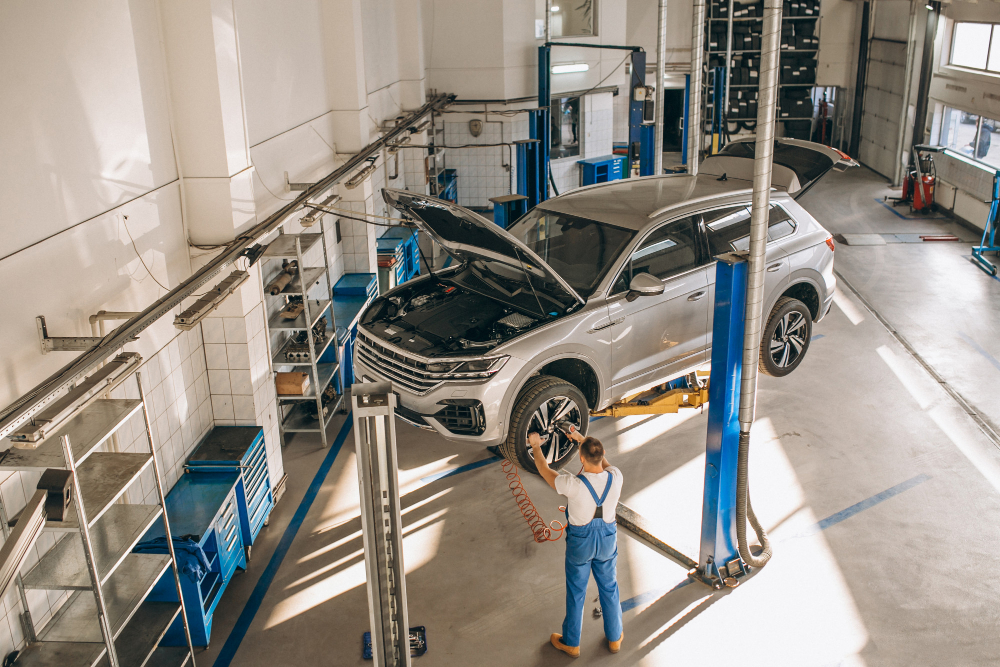
We chose to describe these solutions generally because whether your car shakes when accelerating, idling, braking, or any other activity, the basic solutions remain the same. They only vary based on the exact car part in question.
That said, here’s what you need to do
✔ Figure out the problem
Before you tear your car apart looking for a broken component, first find out when you feel this shakiness.
Is it when you press the brakes? Is it when you accelerate? You might have to manually figure this out by trial-and-error.
For instance, if your car shakes when starting, turn it off and start again. If it persists but stops when you drive, there’s a high chance this shakiness is only on starting.
Do the same thing for idling, accelerating, braking, and driving. It’s only when you know where the problem is likely coming from that you can tackle it efficiently.
✔ Analyze the issue
Say you’ve determined where or when the issue happens, it’s time to figure out what the exact cause is. For instance, we said “wonky” tires could cause your car to shake when you are driving.
In this case, inspect your tires. If they’re unbalanced, unevenly worn, or just generally “wonky”, then treat this issue appropriately.
✔ Fix the issues you can
Let’s stick to the tire analogy for now. To fix unbalanced on unevenly worn tires, all you need to do is balance or rotate the tires respectively. Some issues require a total replacement rather than repairs. An auto repair expert can figure this out.
However, there are issues you should be able to handle at home. For instance, loose lug nuts. This has such a simple fix, yet left unchecked, it could result in a more serious issue such as the wheel falling off while driving.
Simply use a torque wrench to be sure they are tightened. If this isn’t in your toolbox, try the regular lug nut wrench or even a tire iron.
✔ Go to an auto repair shop
The post above should help you or at least point you in the right direction when it comes to dealing with a shaky car. Still, nothing beats driving your car to the experts for some good, old-fashioned auto repair or replacement.
Beyond that, regular maintenance as recommended by your car’s manufacturer or auto mechanic significantly reduces the chances of any of these happening in the first place.
Go ahead and give your car the care it deserves so you don’t have to deal with a car that vibrates or shakes when you’re in it.




